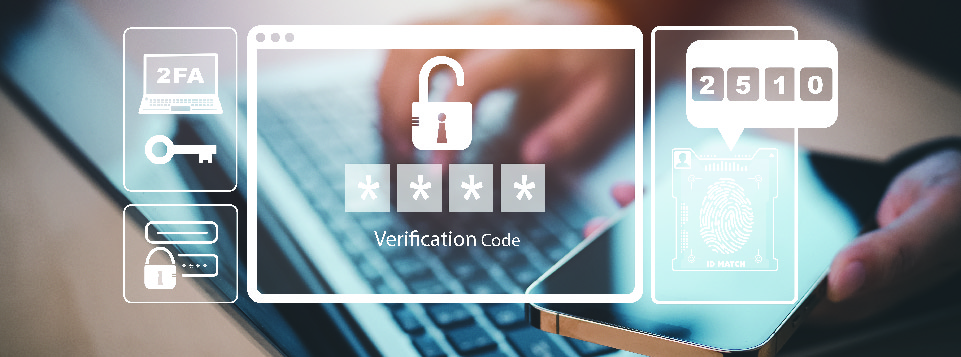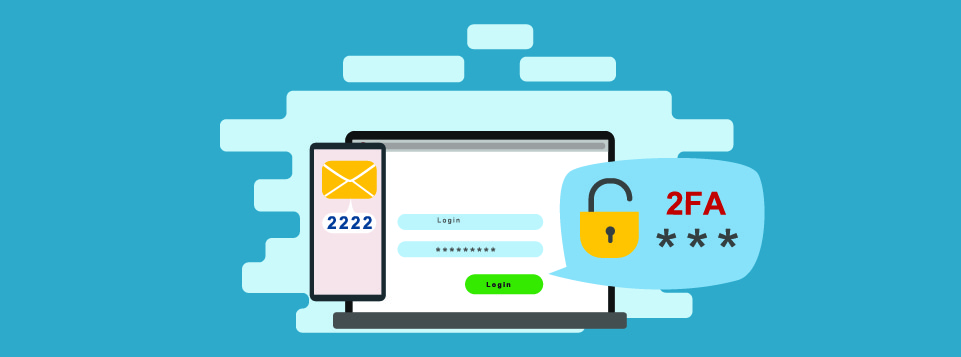Cyber Security Awareness
5 Online Scams to Look Out For This Holiday Season
Holiday season is the universal time for giving, family & friends, and showing people how much you care for them. However, holiday season is also the time for scams. It is no secret that criminals will attack you when you are most vulnerable. Holiday season is a time where you are thinking of everything but security, whether physically or online, and that makes it the perfect time for criminals to strike. This holiday season keep a look out for the 5 most popular scams circulating around the internet!
1. E-Cards & Fake Gift Cards

Around this time, it is expected to be receiving holiday greeting cards from your loved ones, businesses, business partners and the like, and you may be sending them off yourself. We all know that gift cards are a perfect gift as well. Especially now, e-cards and gift cards are being sent virtually, typically by email. Cyber criminals are aware of this booming business, and they are going to capitalize. It is not just a possibility that you’re going to receive scam e-cards & gift cards, you should expect it. Before clicking on any free offer you receive in your email, always check the validity of the sender first. Send a quick but separate thank you email/text/call to the sender to check the validity.
2. Fake Package Delivery Notices

Online shopping has truly become the norm. It is the safest way for businesses to stay open during a global pandemic. And as resilient and COVID-19 is, there is no way it could stop the resiliency of the holiday season! What online shopping means however, is delivery notifications. We get so many that we can get numb to them, but it’s a perfect opportunity for cyber criminals to sneak right under your nose. Fake scams can come in many forms! SMS Text message scams, like that one shown in the picture above, are popular. Clicking on a fraudulent link can compromise your phone and any apps that you have downloaded. Email phishing remains to be the #1 reason cyber attacks occur. Typically, businesses will send notifications via email, but you can be sure there are fraudulent links lurking in your inbox that look just like the real thing. Clicking on a link in a scam email can come with real consequences: you can download ransomware on to your computer, you can be tricked into giving out credentials, download keylogging software… Really whatever the cyber criminal chooses.
3. Copycat Websites

Copycat website are not new on the internet, but it is still one of the most common used tools for cyber criminals, and worse, one of the most fallen for tricks. Victims of these scams can have no idea that they are not on the website they believe they are on. Cyber criminals will imitate the most used websites like Facebook, Amazon, Twitter, Email logins, etc. In the image above, we can see how these websites can get. How can you distinguish between real and a copycat? If you are a frequent visitor to the real website you might be able to notice the few nuances by simply looking, but clear cut signs of a fraud can be found in the website’s URL, its content, and its links. If you come across a fake website by accident, it is possible that you have already been compromised simply by being on the page. Best practices would be to exit the page immediately, then run your system’s antivirus and antimalware.
4. Fake Online Advertisements

Cyber criminals are so cunning and have gotten so smart that they can slip past even the smartest company’s protocols and precautions. Be on the lookout for fake advertisements while you search your favourite search engines. Cyber criminals have started using search engine ads to promote their fake websites to the top of the search. In the example shown, we can see an absolutely perfect advertisement scam of the amazon website. This ad is harmless if no one clicks on the link, but it’s so well done that a majority of people will find no reason not to click on it. Only when you get on the website can you start to deduce if it is fake, using the tools outlined in the last example.
5. Charity Donation Scams

During the holiday season and the season of giving, we are reminded to open our hearts to the less fortunate. While it’s always great to give to charity, cyber criminals have no censorship to what is beyond their limits. Charity scams certainly start to take the stage at this time of year. How do you make sure you are donating to the right charity? Double check to see if the charity is registered. The Canadian Government has an A-Z index that is reliable, and American charities are listed on varies indexes, a popular one being GuideStar.








